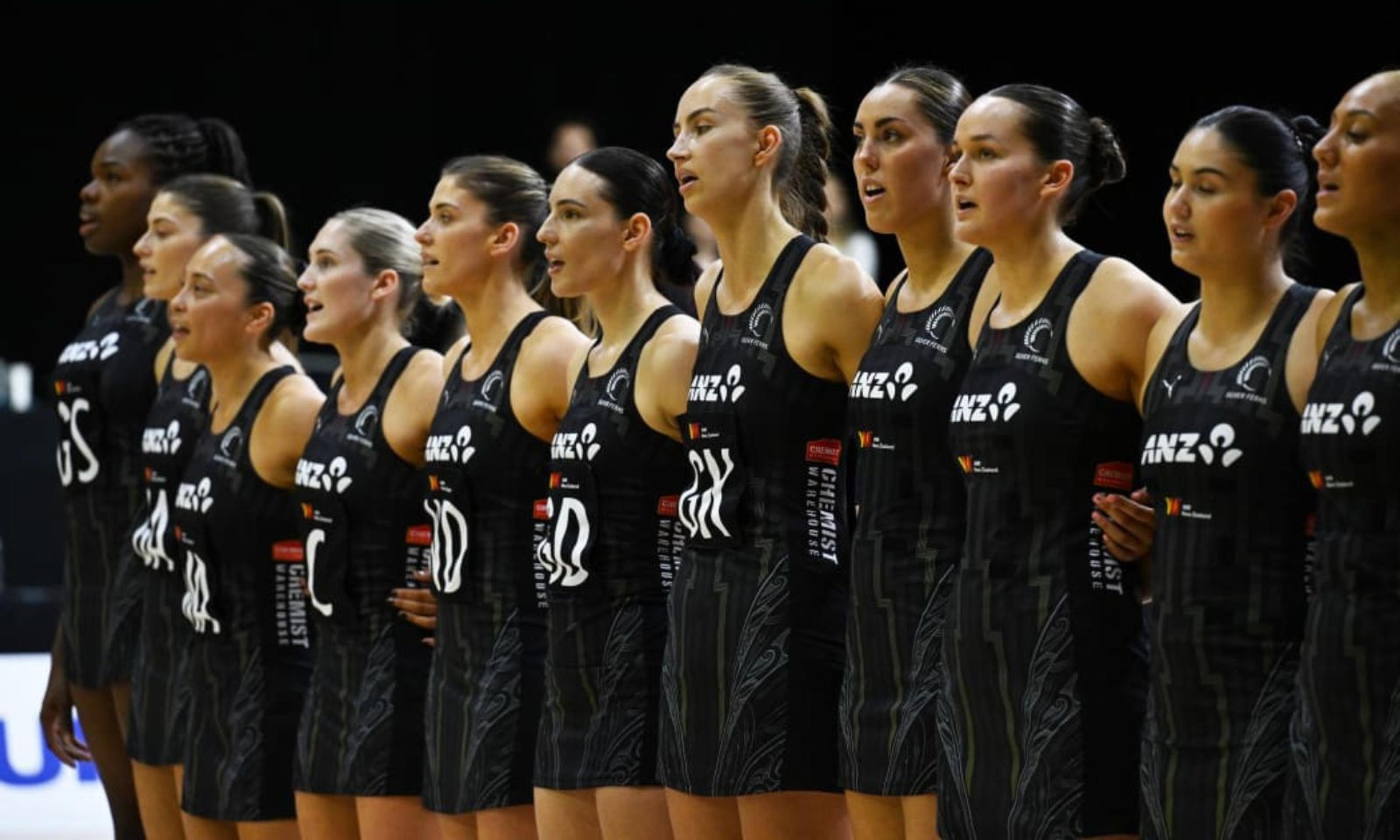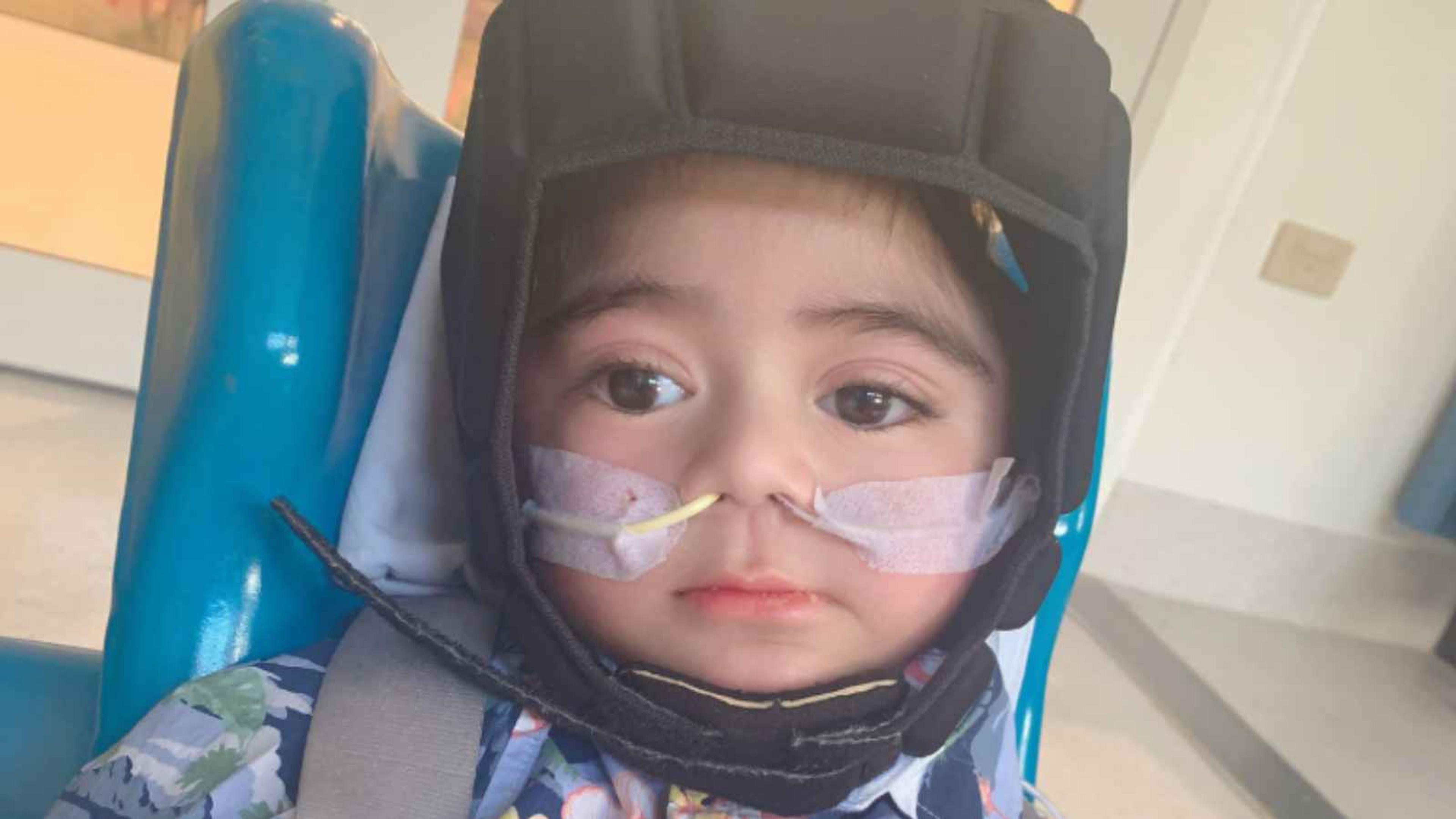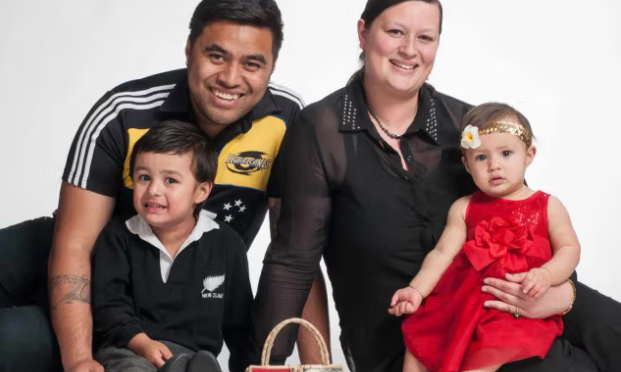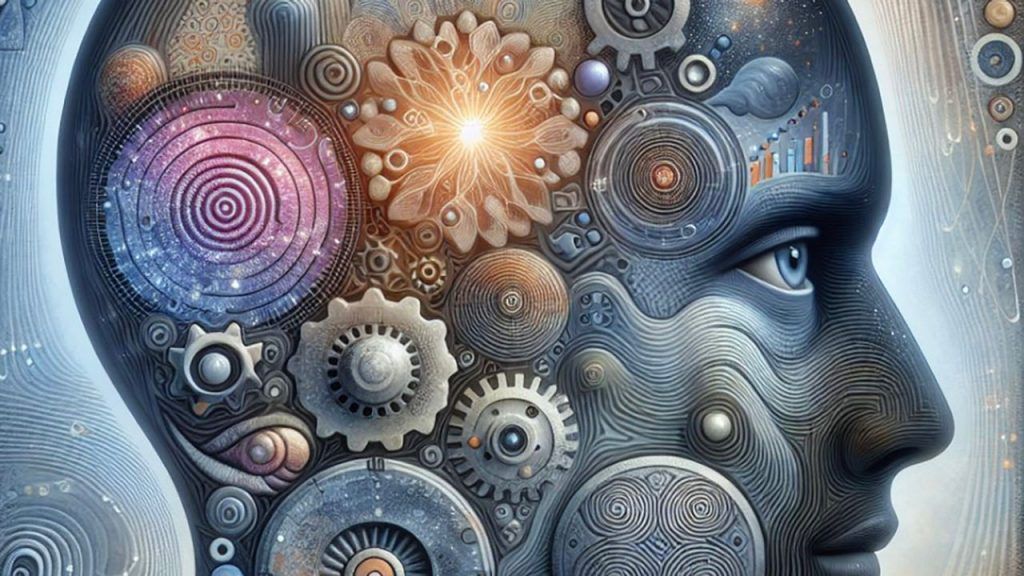

Pacific academics Dr Rochelle Nafatali and Marvin Schuster react to Donald Trump's autism claims.
Photo/Ara Poutama Aotearoa/Library of Congress/University of Auckland
Pacific experts condemn Trump’s autism claims, urge support for families
Academics warn that linking paracetamol to autism is misleading, unfounded, and harmful to families in need of support, not stigma.


Fiji’s former Prime Minister and police chief charged with inciting mutiny

Immigration reassesses toddler's declined visa request as Children's Commissioner steps in



Fiji’s former Prime Minister and police chief charged with inciting mutiny

Immigration reassesses toddler's declined visa request as Children's Commissioner steps in

The comments made by United States President Donald Trump suggesting a connection between autism and the common pain medication Tylenol (Known as paracetamol in New Zealand) have sparked controversy.
Pacific academics warn that Trump’s claims are incorrect and could harm families caring for people with neurological differences.
Trump urged American doctors to stop prescribing Tylenol to pregnant women, citing a disputed link between the drug and autism.
But experts say the medication has long been considered safe when used responsibly.
Dr Rochelle Nafatali, a Pacific clinical psychologist and autism researcher, says Trump’s comments are misleading and contribute to the stigma around autism - that people with different brain functions are “wrong” or in need of a cure.
“Autistic people are measina, they are taonga, they are special to us, and I want to tautoko them in this time where people are talking about them in this way,” Nafatali tells PMN News.

Dr Rochelle Nafatali has studied Pacific parents' experiences of raising autistic children in NZ. Photo/File
“I think it's extremely unfortunate that leaders such as President Trump see fit to weigh in on matters that are clearly outside of their scope of expertise. The evidence is completely at odds with the remarks made by the President.”
Autism Spectrum Disorder (ASD) is a neurological difference that affects how people think, communicate, and perceive the world around them. It is not a disease or illness and is believed to be linked to genetic and brain development factors.
The Ministry of Health estimates about 4000 Pacific children in Aotearoa have autism, but Nafatali says the actual number is likely higher due to delayed or missed diagnoses in Indigenous and minority communities.

Artists's illustration depicting ASD. Image/University of Auckalnd
Nafatali says autism has multiple causes that do not apply uniformly to every individual. She stresses the importance of evidence-based information that offers hope and practical support to families. Nafatali is concerned that false claims could lead mothers to avoid necessary medication for pain or fever, potentially harming both themselves and their unborn babies.
“Mothers who do not use Panadol also have autistic children, so the data simply doesn't support the claims. Mothers could potentially refrain from using pain or fever relief when they need it, and that can result in unintended effects on unborn babies and the mothers, with the danger of severe, prolonged fever being much more damaging.”
A 2019 Swedish study of nearly 2.5 million children found a 0.09 per cent difference in autism diagnoses between those exposed to the drug in the womb and those who were not. When researchers compared siblings, they found no link, suggesting that earlier associations could be attributed to other factors. A large Japanese study of more than 200,000 children published this year reached the same conclusion.
Nafatali says comments like Trump’s add further burden to families who are already navigating the challenges associated with an autism diagnosis. “News like this might be welcomed, but in this case it's not the answer and it can lead to unnecessary shame and guilt and false responsibility put on parents who are already having a difficult time.”
Marvin Schuster, a doctoral candidate at the University of Auckland, says Trump’s remarks increase pressure on families struggling with misinformation and stigma. “This is a sensitive topic and it carries a lot of weight for our communities. To have such a mainstream figure share information that is incorrect is very frustrating knowing the position it puts our mothers, our children and our families in.”
Watch Marvin Schuster's full interview below.
Speaking with William Terite on Pacific Mornings, Schuster stresses that autism is not caused by paracetamol. “Autism is not a bad thing. It's not the easiest life, but it can be as fulfilling and rewarding and meaningful as anyone else's. What we need to focus on is making the most of what we’ve got and seeing the good in our aiga that is right in front of us.”
Autism New Zealand has also expressed concern over Trump’s claims. In a statement, the organisation says, “Statements that conflate association with causation without robust scientific proof can cause significant harm. Autistic people, parents, families and health professionals deserve clarity and sensitivity, not fear or misunderstanding.
“Suggesting that mothers’ use of common pain relief medications could be causative places undue burden and blame on them.”
A Pacific perspective
Schuster, who is researching the experiences of Pacific caregivers, reflects on how his family influenced his understanding of autism.
“My brothers have been two of the most important teachers in my life about what autism is and what it means to support my family as a Pasifika person. They were the first people to teach me that autism is not a bad thing. Yes, they may not be neurotypical and they have their own unique challenges, but that's true for everyone, right?”
He says Pacific values encourage support and understanding for people with autism. “We are people who stand by our communities, and we see caregiving as a responsibility shared by everyone within the household. It's all built on traditional values of respect and love. Autism is not a barrier. It’s simply a different road for some of our kids.”
Schuster’s research, which runs until 2027, aims to foster dialogue and reduce stigma for Pacific families. “This is not something we have to be afraid of, and it's not something that our communities are not capable of coping with and thriving in.”
Nafatali agrees, saying Pacific culture naturally embraces differences and promotes a more positive approach to neurodiversity.
“The brains that are musical, the brains that are ADHD, those that are analytical, those who are dyslexic, and brains with all levels of intellect. Autistic children and adults are blessings to our community in many ways.
“Our Pacific culture is one that inherently accepts and brings in our family members who are different, where everybody's strengths are celebrated, and that's one of the beautiful things about our Pacific culture.”